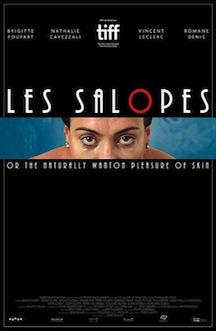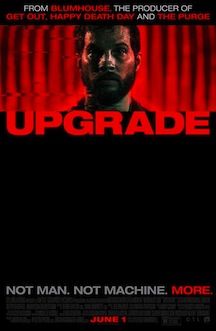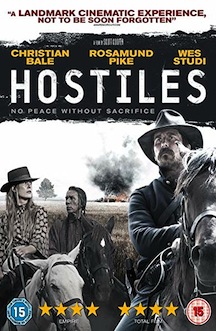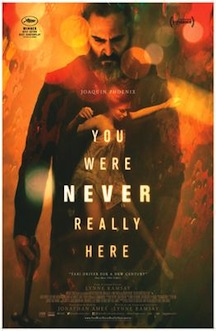Direction: Peter Strickland
Country: UK
Whoever is acquainted with the work of British auteur Peter Strickland knows that each new work is a challenging sensory stimulus. Not afraid to take risks, he gained notoriety with the odd Berberian Sound Studio (2012), solidified his cult status with The Duke of Burgundy (2014), and was absolutely fabulous in the way he conceived In Fabric (2018), perhaps my favorite of his delirious digressions. Now, with Flux Gourmet, he offers another psychedelic experience; a dark comedy that, intersecting gastronomic revolution with experimental performance art, takes the form of a sharp-witted satire with diverting characters full of peculiarities and an uncontrollable thirst for control and power.
The plot follows a collective that unleashes extravagant culinary performances - known as sonic catering - during a residency at a prestigious, if obscure, art institution. More disturbing than finger-licking, this transgressive absurdity will frustrate some and enchant others. Structurally interested in Pasolini’s Salo, the director prepares a special meal that is not for everyone’s taste. We can almost feel the fetid odors in the air over the course of nearly two hours. Notwithstanding, if you’re into quirky films whose plots you can’t predict, then go for it with confidence.
It’s eccentric, noisy, provocative, and punchy in the social commentary; the visual aspect is disciplined; the sound processing is disorienting; and the ensemble cast is simply phenomenal (what an off the wall chemistry between Asa Butterfield and Gwendoline Christie). A bit out there, indubitably, but totally worth a watch if you're into gritty cinema.

























































